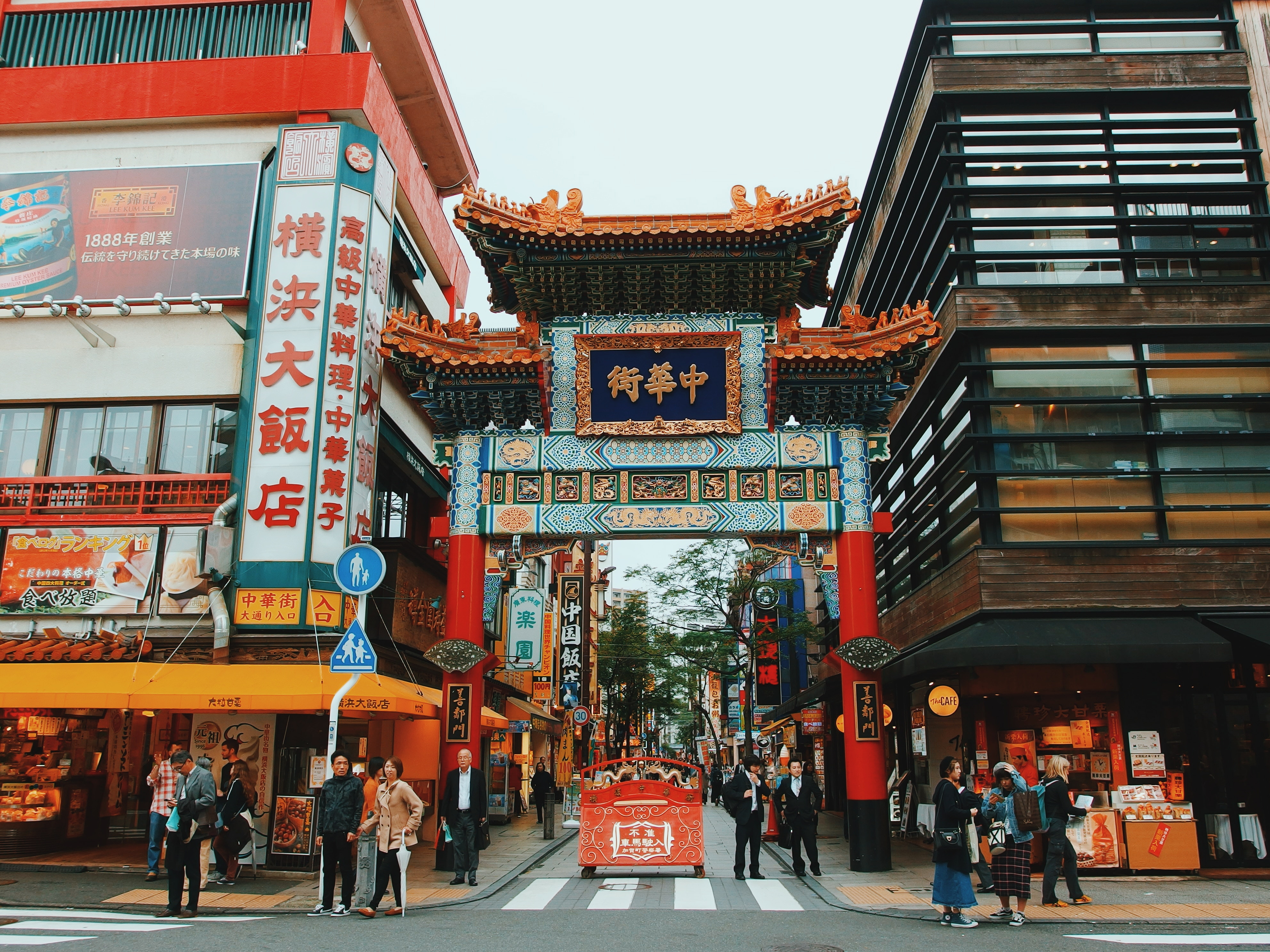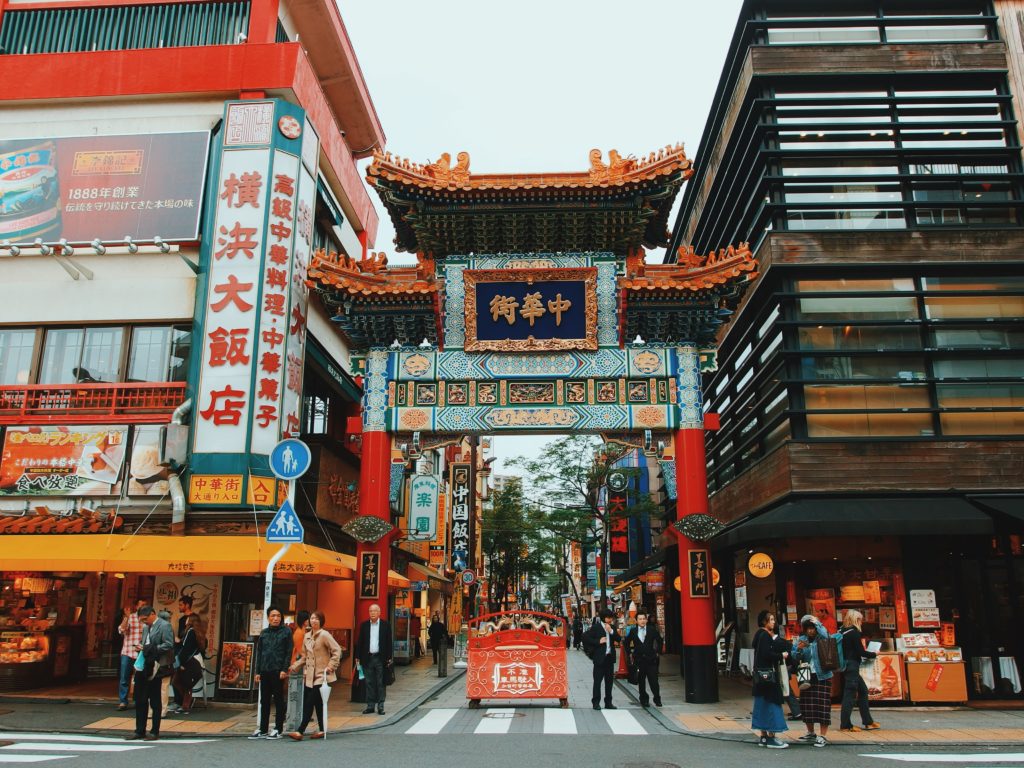30 Japan-Made Chinese Words




Perhaps you have heard about a large portion of Japanese vocabulary is borrowed from traditional Chinese characters. Surprisingly, the borrowing of words actually goes in both directions between the two languages. Known as wasei-kango (和製漢語), these words were ‘made in Japan’ and later were adopted into Chinese in the late 19th and early 20th Centuries. Japan made these terms in order to translate Western concepts into Japanese. In addition, a couple of them are about Japanese concepts (a good example is a Japanese-origin food: sushi) as well. Let’s take a look at these 30 Japan-made Chinese words!
| Wasei-Kango (和製漢語) | English |
| 系統 | system |
| 電話 | telephone |
| 電気 | electricity |
| 旅行 | travel |
| 自転車 | bicycle |
| 野球 | baseball |
| 科学 | science |
| 歴史 | history |
| 哲学 | philosophy |
| 病院 | hospital |
| 派出所 | police station |
| 銀行 | bank |
| 弁当 | lunchbox |
| 味噌 | miso |
| 寿司 | sushi |
| 抹茶 | matcha (Japanese powdered green tea) |
| 煎茶 | sencha |
| 文化 | culture |
| 和紙 | washi |
| 鉛筆 | pencil |
| 雑誌 | magazine |
| 美術 | art |
| 時間 | time |
| 空間 | space |
| 入口 | entrance |
| 出口 | exit |
| 市場 | market |
| 投資 | investment |
| 企業 | enterprise |
| 広告 | advertisement |
| 国際 | international |
How many words do you know? 😊
Read: Chinese Characters of Japanese Kanji and Chinese Hanzi and Are Not All The Same!
Let’s learn a new language today! Join us at LingoCards!
Recent Posts
How to Say “Could you write it down?” in 50 Different Languages?
When you travel other countries or live abroad, you will communicate with local people and…
How to Say “Of course.” in 50 Different Languages?
"Of course." is a practical phrase in many situations. When people ask you to do…
How to Say “No problem.” in 50 Different Languages?
People may say "Sorry." when they cause problem to you. They may hit you accidentally…
How to Say “I don’t know.” in 50 Different Languages?
When people ask you something and you have no idea for that, you can say…
How to Say “I understand.” in 50 Different Languages?
During traveling abroad, it's often not easy to communicate with people because you don't know…
How to Say “Please.” in 50 Different Languages?
Learning how to say "Please." in local language will be very useful during your trip.…


